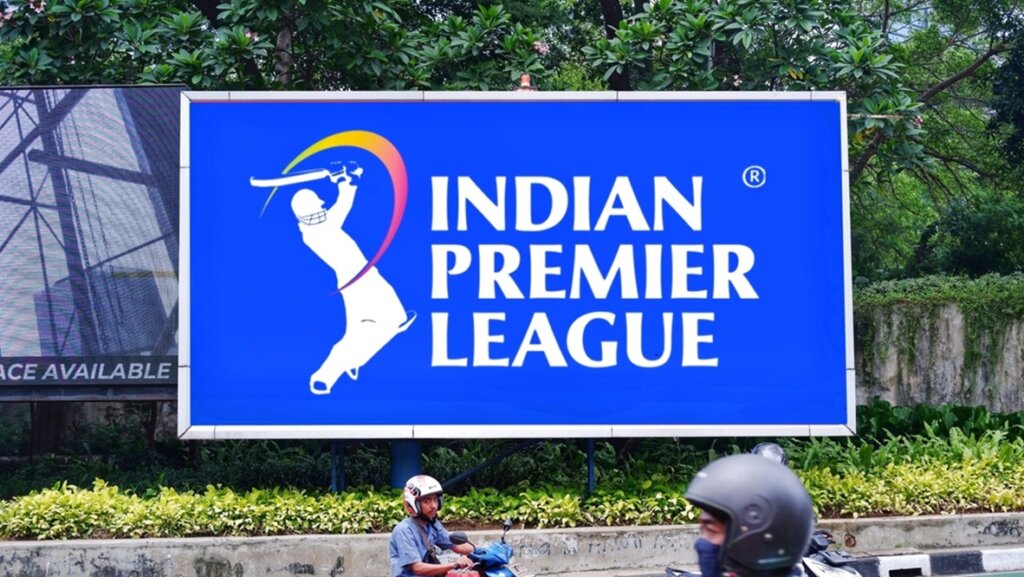Incorporating these tips into your meeting practices can transform them into valuable and productive sessions
Meetings play a crucial role in fostering collaboration, sharing ideas, and making decisions within a professional setting. However, without proper planning and execution, meetings can become unproductive and time-consuming. In this guide, we’ll explore five key tips to ensure your meetings are not only efficient but also contribute meaningfully to your team’s objectives.
Introduction
Effective meetings start with a clear understanding of their purpose and goals. Setting a clear agenda provides participants with a roadmap, guiding discussions toward desired outcomes. Additionally, careful selection of participants ensures that the right individuals are present, optimizing the use of time and resources. As we delve into these tips, consider how incorporating them into your meeting strategies can enhance collaboration and productivity.
5 Tips for Effective Meetings
1. Define Clear Objectives: Clearly state the purpose and expected outcomes of the meeting to keep discussions focused and productive.
2. Create a Detailed Agenda: Plan the meeting with a structured agenda that outlines topics, time allocations, and objectives, aiding in organization and time management.
3. Carefully Select Participants: Invite individuals whose presence is essential, ensuring a targeted and efficient discussion.
4. Optimize the Meeting Environment: Choose a conducive space, free from distractions, to enhance engagement and focus during discussions.
5. Encourage Active Participation: Ensure all attendees have the opportunity to contribute, promoting diverse perspectives and fostering collaboration.
Conclusion
In conclusion, incorporating these tips into your meeting practices can transform them into valuable and productive sessions. Clear objectives, structured agendas, selective participant choices, optimal meeting environments, and active participation all contribute to achieving successful outcomes. By implementing these strategies, you’ll not only save time but also enhance the overall effectiveness of your team meetings.



